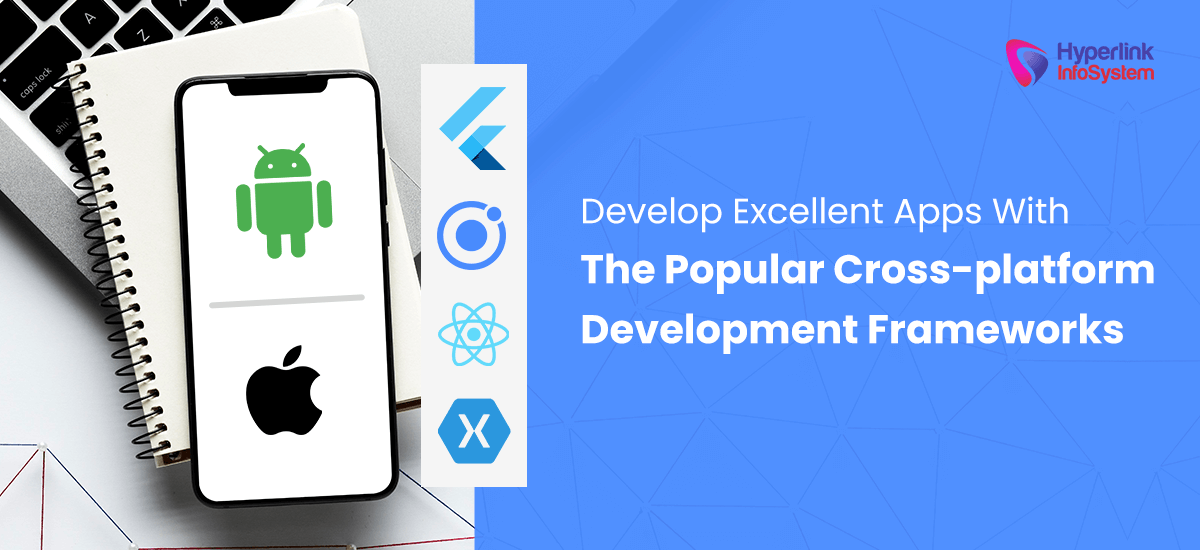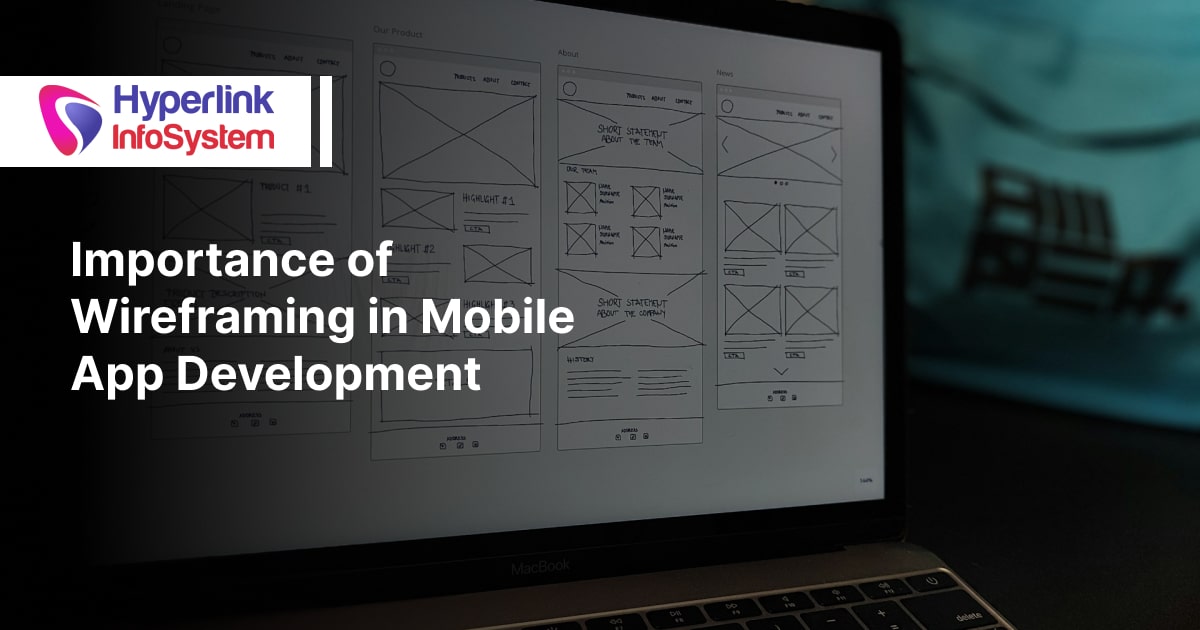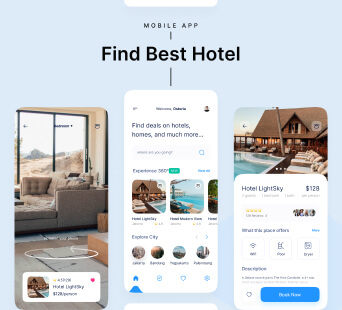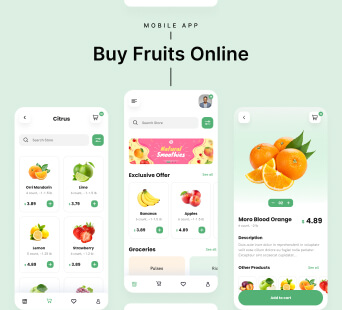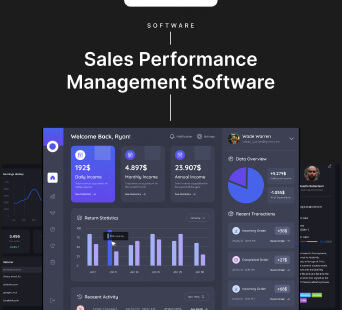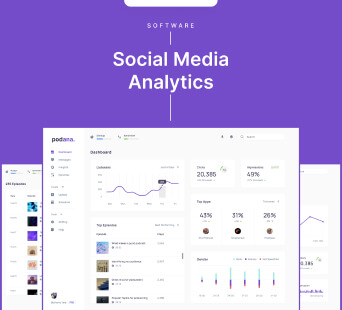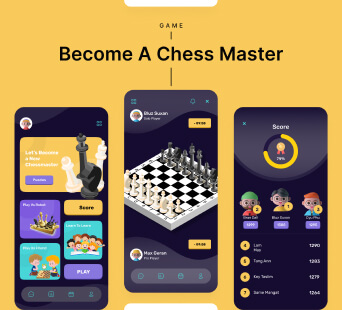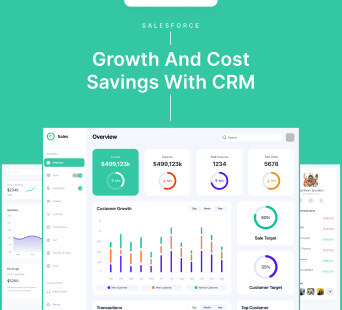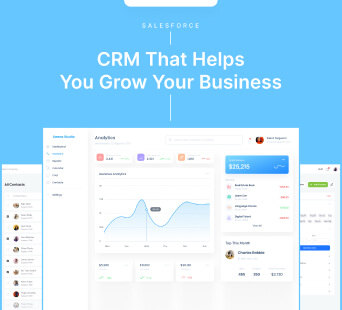Today, many companies need solutions for different mobile platforms. Native development can be complicated, as each platform requires a different language, environment, and tools. It can be a problem with tight budgets or small teams, in which knowledge may be more limited.
It is advisable to assess different frameworks for these cases since they would considerably reduce time and money for the client or the provider.
Best Frameworks for Cross-platform Application Development
1) Flutter
This framework has been developed by Google and uses the Dart programming language. Flutter allows you to reuse almost all the code making the entire mobile application development process agile and profitable, facilitating the development of mobile applications that you compile natively for all types of mobile, desktop, and web platforms.
Nowadays, it is the most used Operating System in smartphones since it is a free and easy-to-use tool.
Features of Flutter:
- Native Experience: helps developers with critical platform issues such as navigation, scrolling, fonts, icons, etc.
- Agile Development Process: This allows developers to develop and design applications with ease since it has multiple built-in elements that reduce the total time of application development.
- Intuitive User Interface: This allows developers to design and develop an intuitive and interactive user interface. Creating an attractive app is very important as it enables brands to connect with their users and provide a seamless user experience.
2) Ionic
It was created in 2013 by Drifty Co. It allows creating hybrid applications, native apps, which hide a web page in their code. It is programmed in HTML, CSS, and JavaScript.
The main benefit of Ionic is that hundreds of default UI elements like forms, filters, action sheets, list views, tab bars, and navigation menus can be used in your layout.
Features of Ionic:
- Platform Independent - To give the look and feel of a native application, you can determine the platform the application is working on based on the CSS style. Also, it joins AngularJS and provides a robust build with more responsive code.
- Cross-platform Compatibility: Provides a fast and agile application development process reducing the time and effort to design and develop applications.
- AngularJS Qualities: This framework is loosely based on AngularJS. It uses most of its functionalities and helps developers create attractive and feature-rich web and mobile applications.
- Due to its ability to build both native and cross-platform applications, Ionic is an excellent framework for developing Progressive Web Apps (PWA).
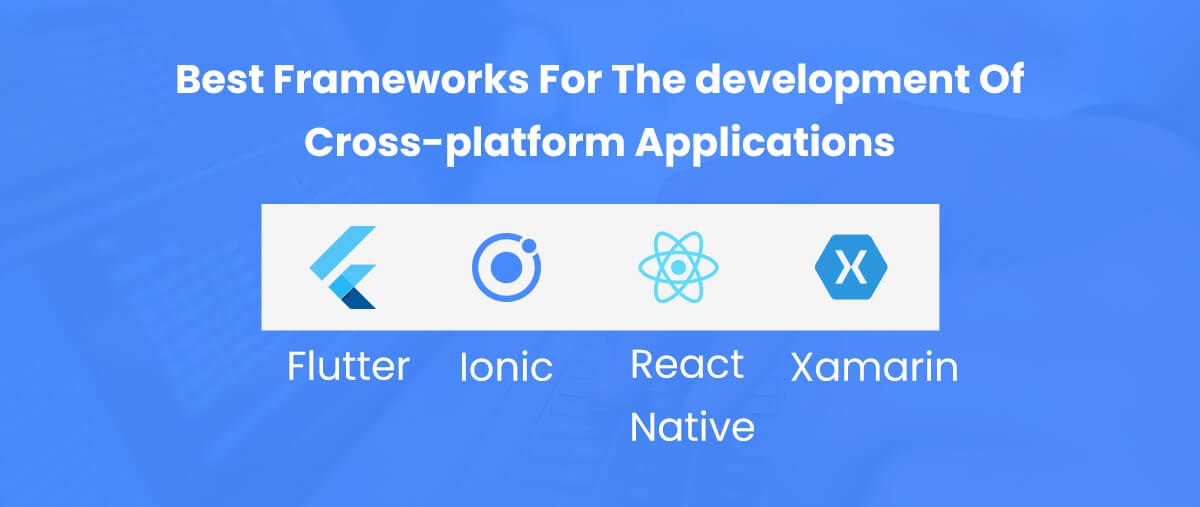
3) React Native
Facebook created it in 2015, and it is used to create hybrid applications. It is one of the most popular platforms among companies to build Android and iOS applications. It is based on JavaScript and a set of ReactJS components. In addition, it provides developers with the ability to write modules in Objective-C, Swift, or Java languages.
Features of React native:
- Easy To Maintain: Developers and entrepreneurs do not need to maintain two separate codes making the process much easier.
- Code Reuse: Developers can reuse code written for one platform while building the application for another.
- High Performance: It produces high-quality apps, whether it is for a small business or a large-scale company.
Many popular applications like Instagram, Facebook Ads Manager, Airbnb have been developed using React Native.
4) Xamarin
Xamarin is the framework developed by Microsoft, and it is characterized by being open source and free.
Features of Xamarin:
- Full bindings for the underlying SDKs: It provides robust type checking at compile-time and during development. They produce fewer run-time errors and higher-quality applications.
- Interoperability with Objective-C, Java, C, and C ++: It allows you to use a wide variety of third-party code and link native Objective-C and Java libraries using declarative syntax.
- Modern Language Constructs: Written in C #, dynamic language features, functional constructs like lambdas, LINQ, parallel programming features, generics, and much more.
- Robust Base Class Library (BCL): Existing C# code can be compiled for use in an application, providing access to thousands of libraries that add functionality beyond the BCL.
Modern Integrated Development Environment (IDE) - Includes automatic code completion, project and solution management system, project template library, integrated source control, and more.
iOS, Android, and Windows mobile cross-platform compatibility - Apps can be written to share up to 90% of code, dramatically reducing development costs and time-to-market for mobile developers.
Choosing The Right Platform For Mobile App Development
Anyone who would like an app developed at a comparably cheap and fast rate suitable for multiple platforms can opt for a hybrid app. On the other hand, Web apps are used when access to native functions is in the background, and you want to focus more on acting platform-independently with the app.
However, native apps stand out in terms of performance, usability, and hardware compatibility. They are suitable for many different app categories, including social networks, entertainment, or navigation applications. If you are interested in a high-quality app in which all hardware functions of the device can be used, which has a high range of functions and offers clear added value, then the choice is more likely to be a native app. Our developers at Hyperlink InfoSystem can assist you with the development of an excellent mobile app.
As we can see, the development of cross-platform mobile applications has multiple possibilities, being a good option for small teams or tight budgets. Depending on our needs and the costs, we can assume these frameworks would be the perfect utility to build applications with lower time and costs. However, it may not be possible to access certain native functionalities of the device depending on the framework used.
Hyperlink InfoSystem has experience developing solutions adapted to mobile devices, which favour accessibility and enable new business models.
